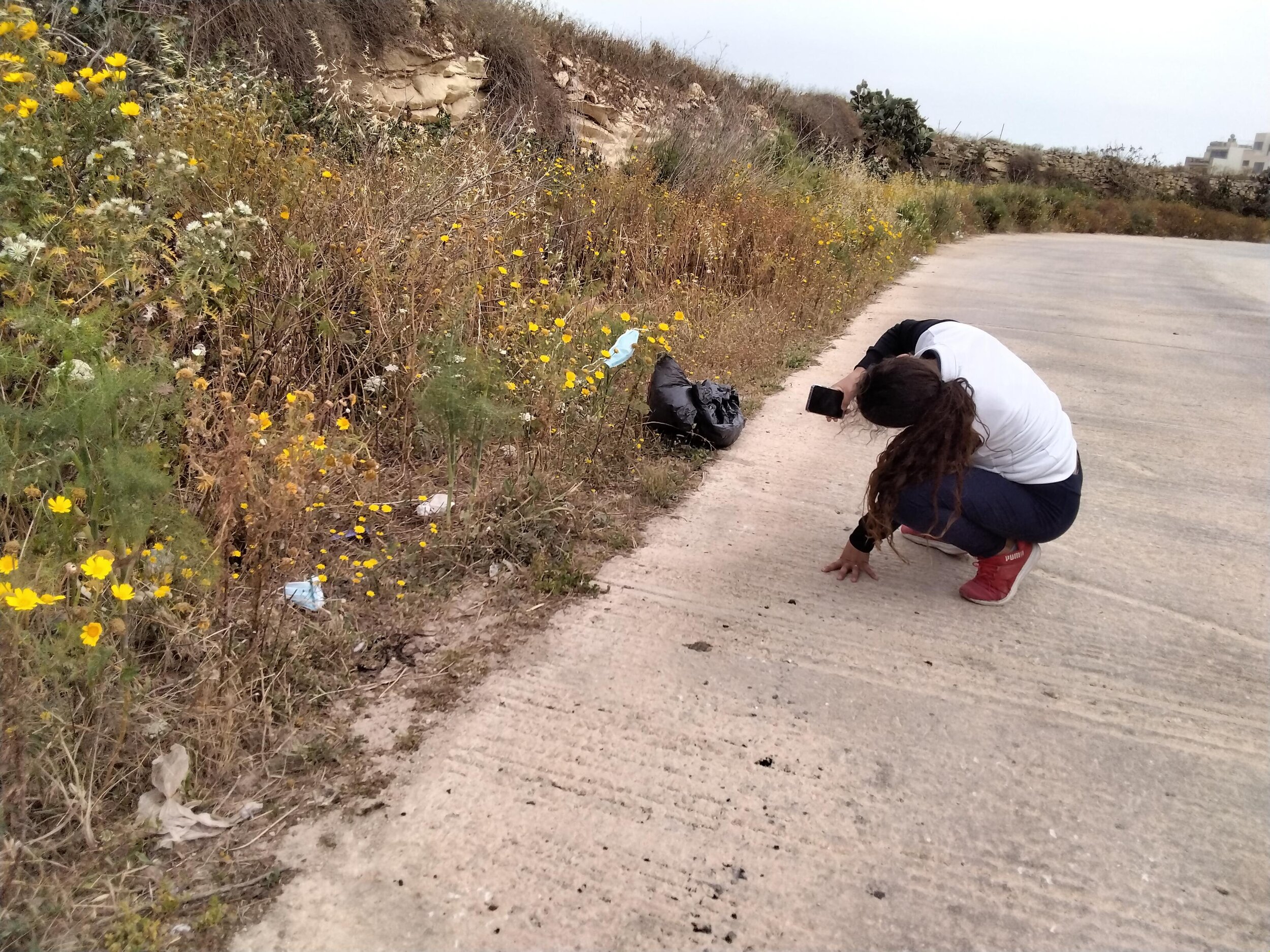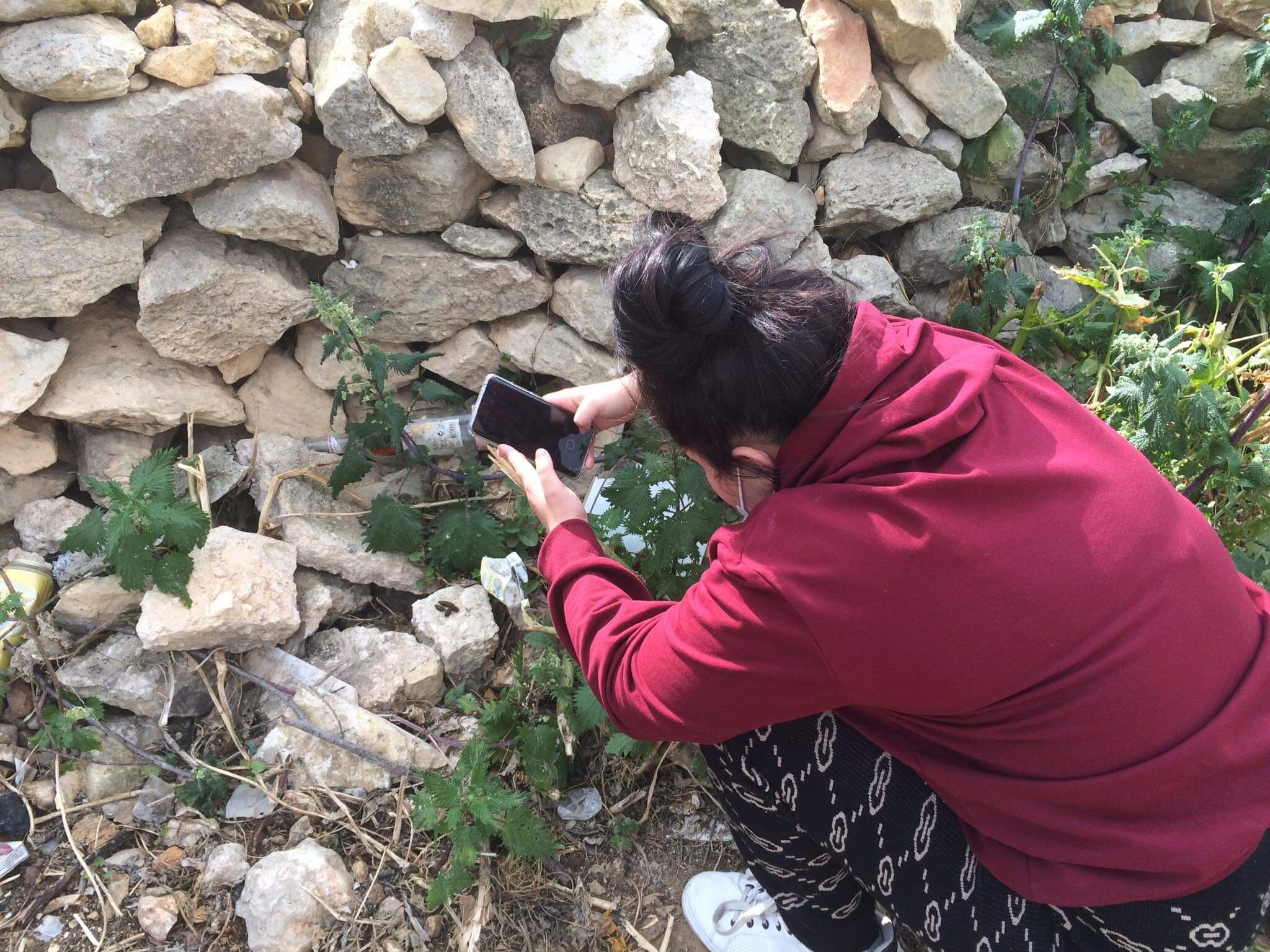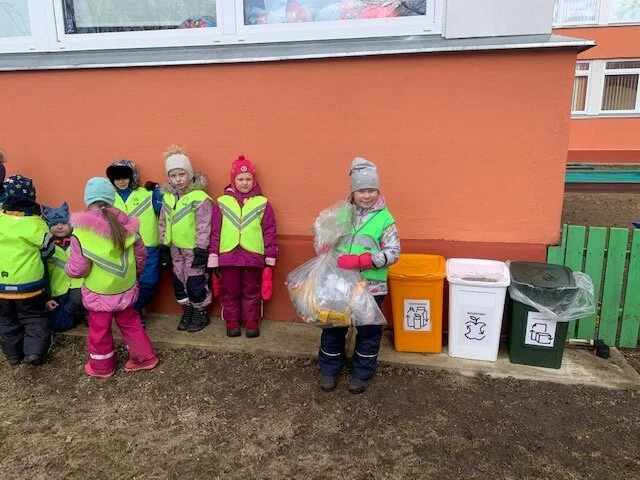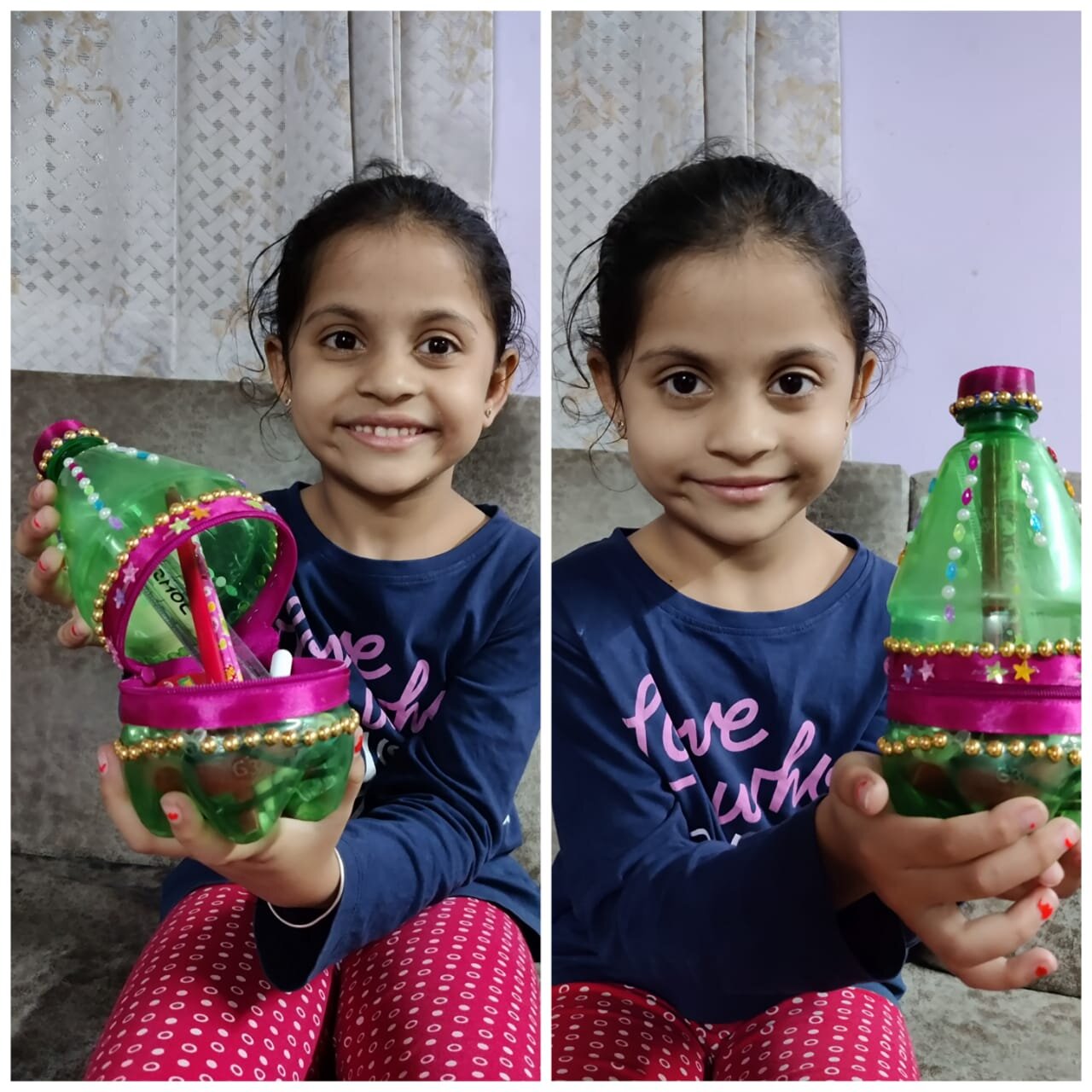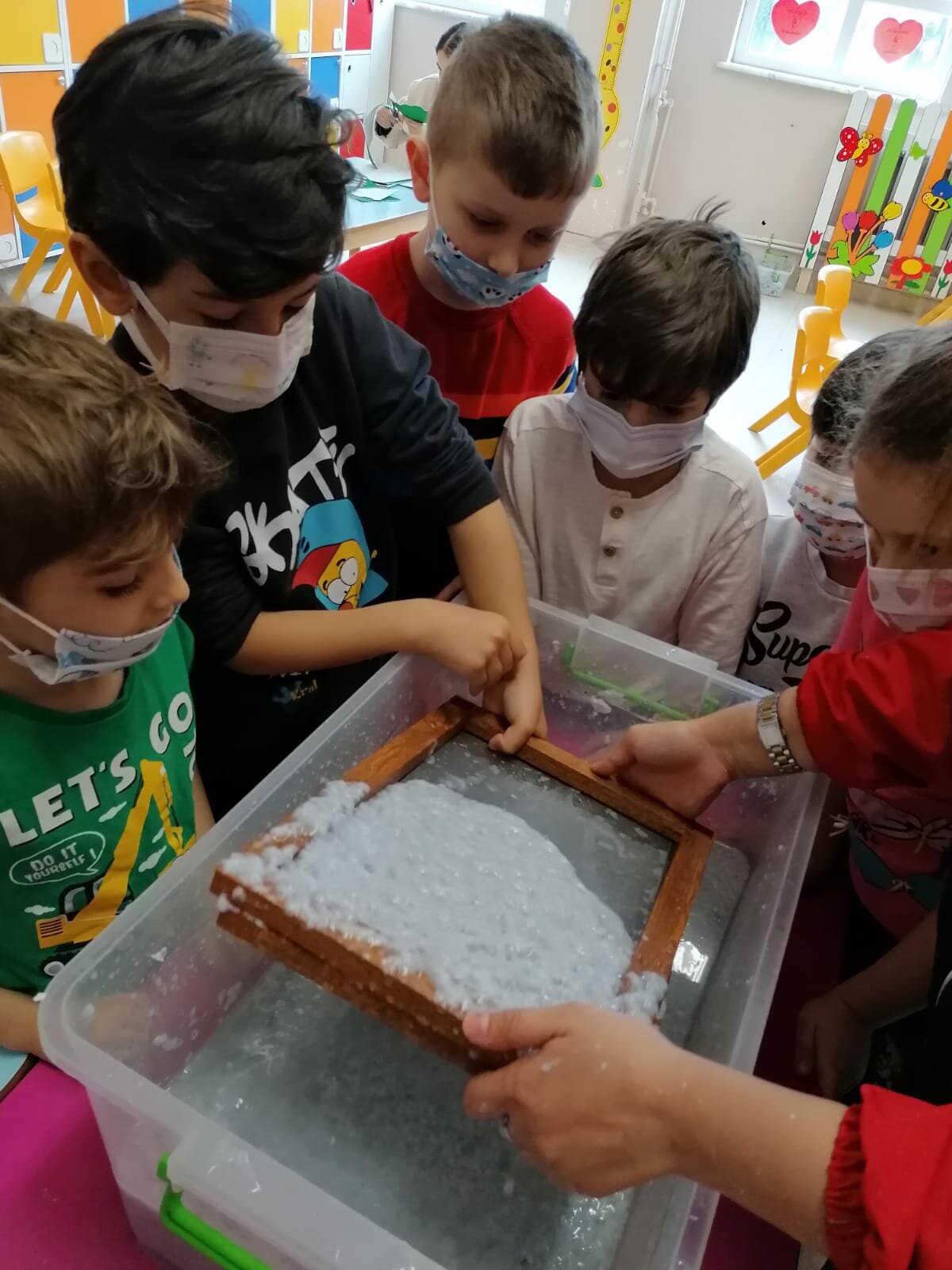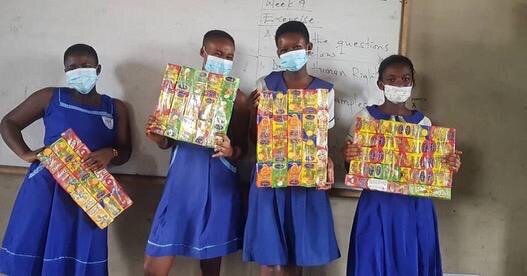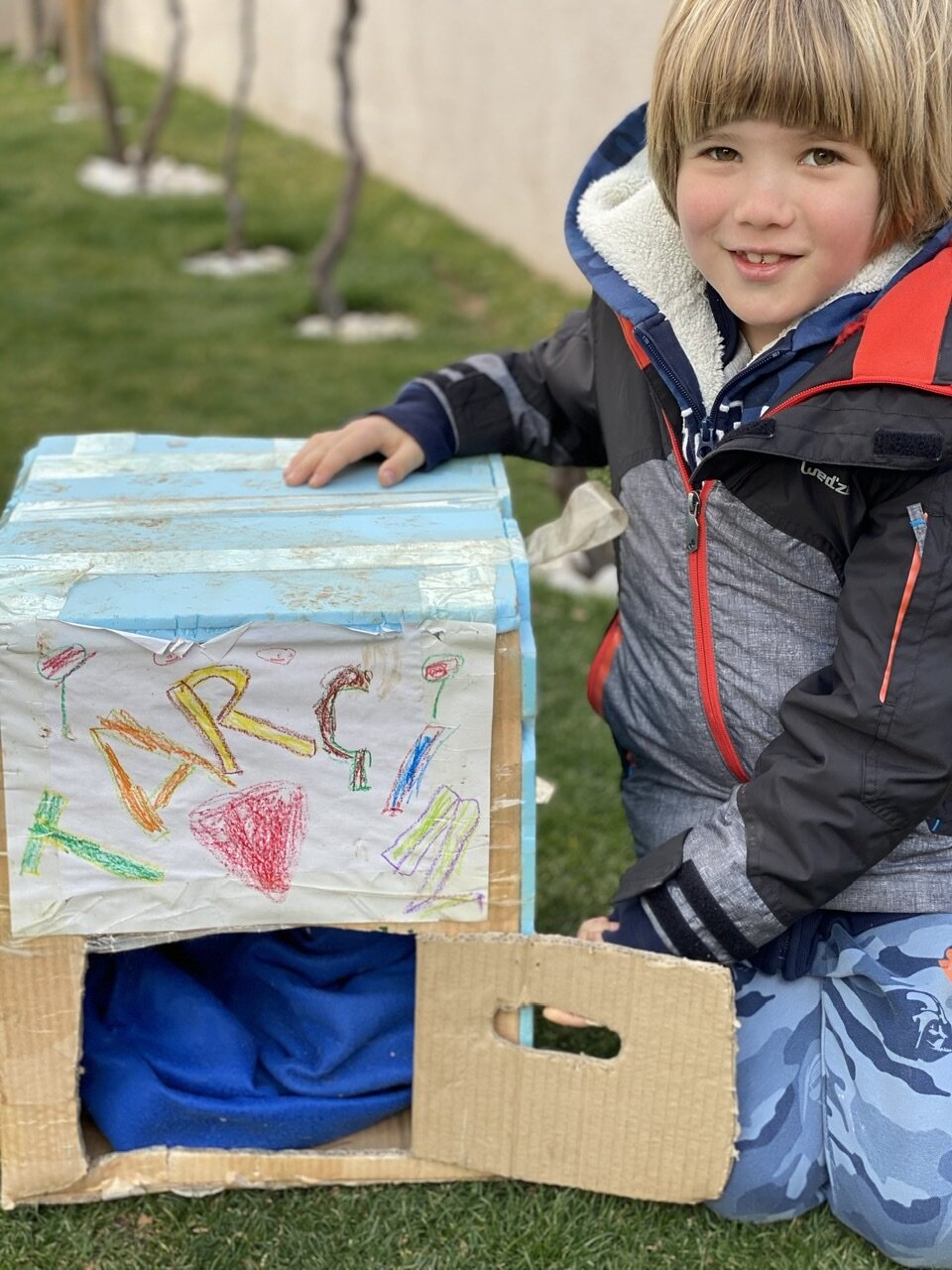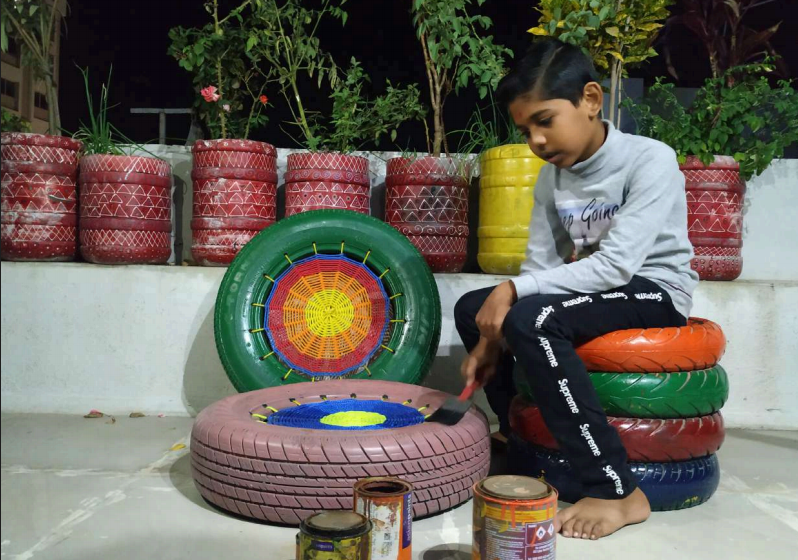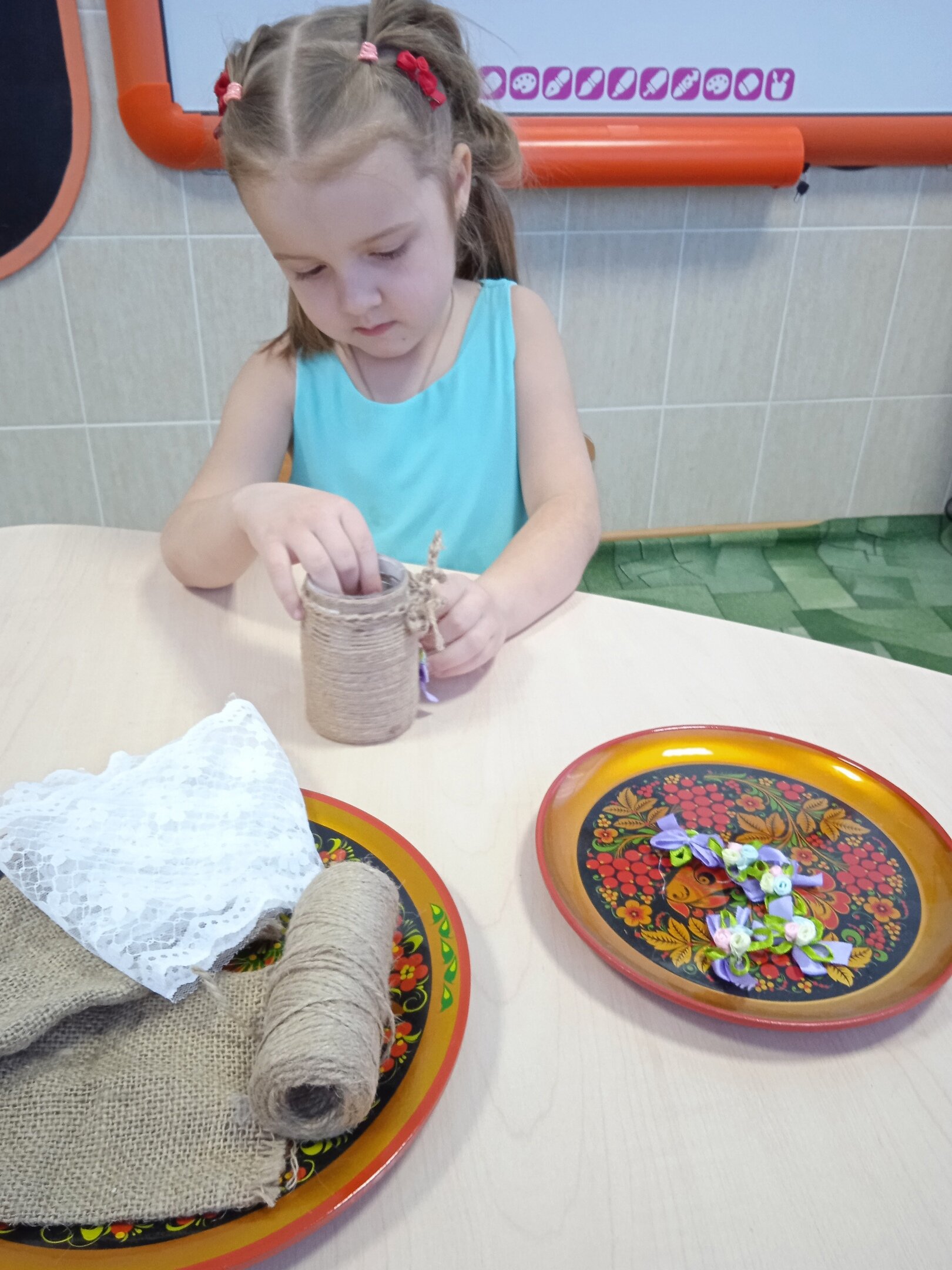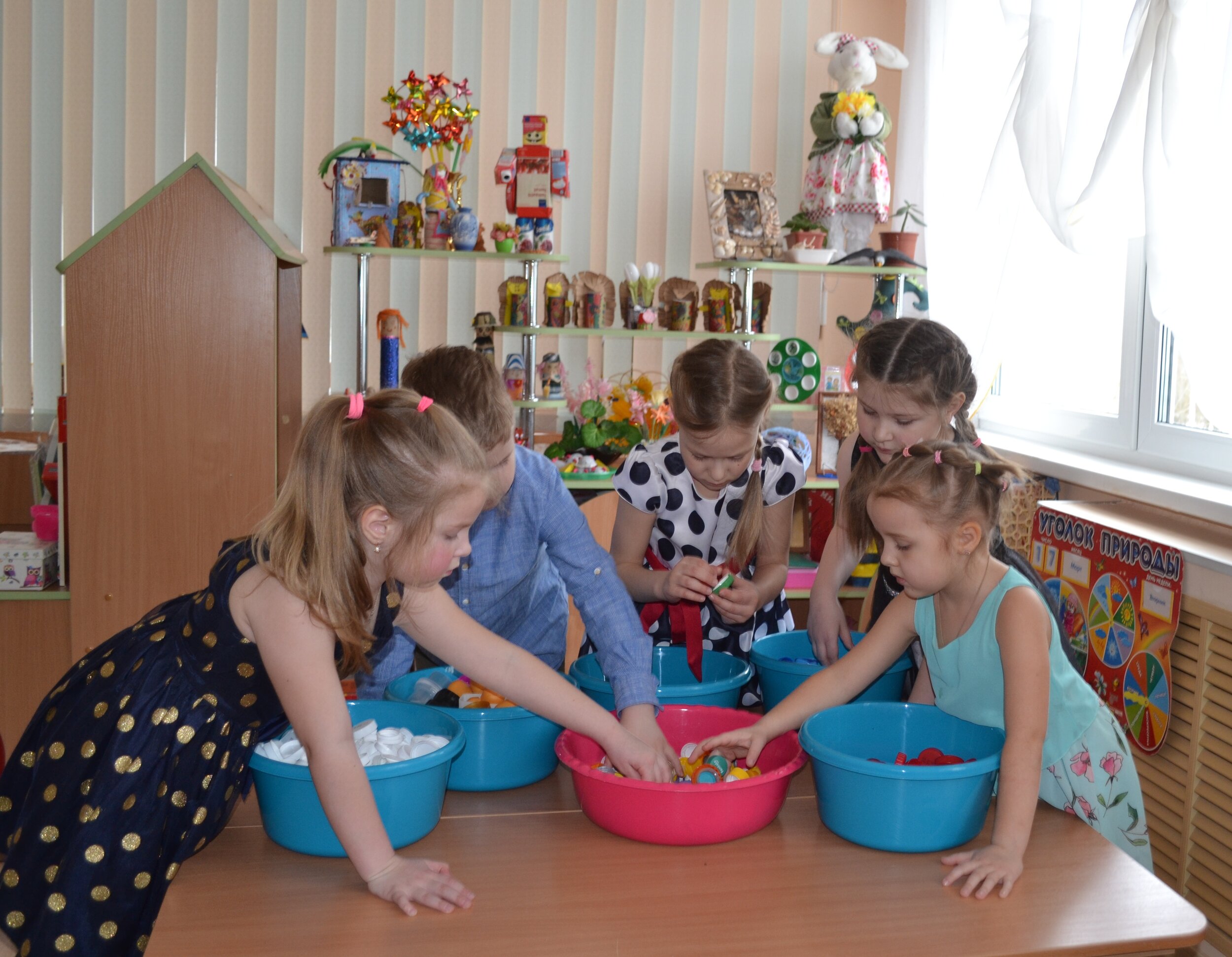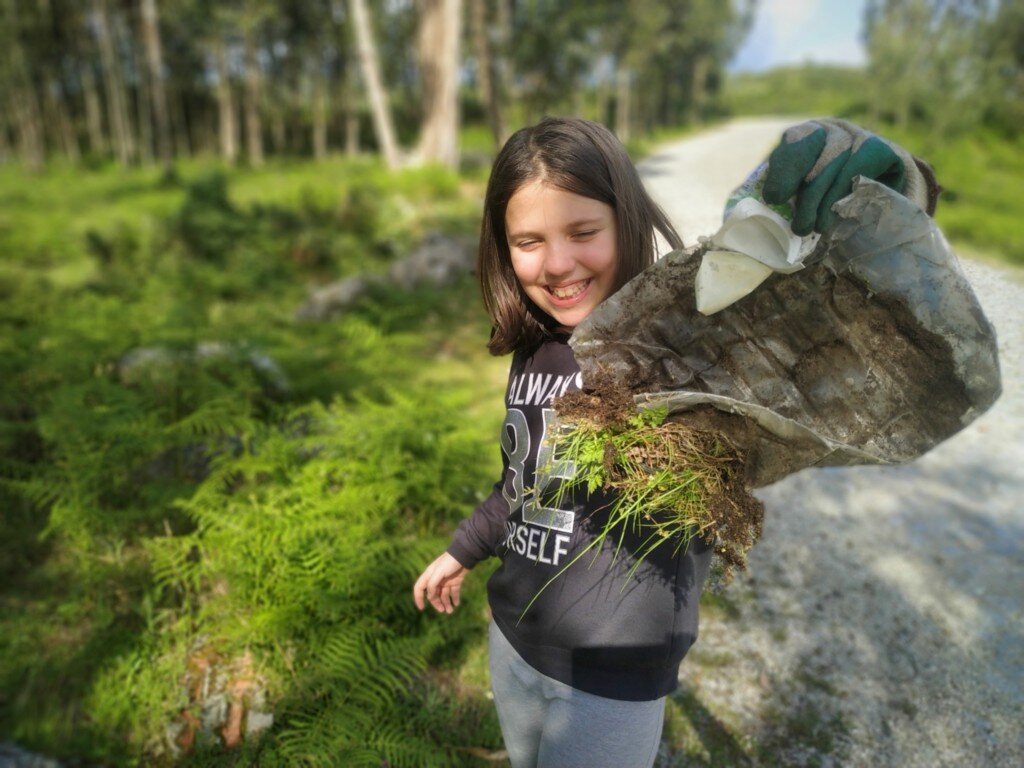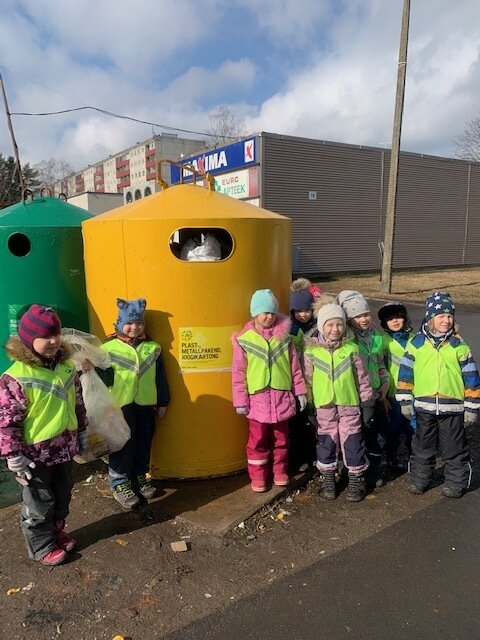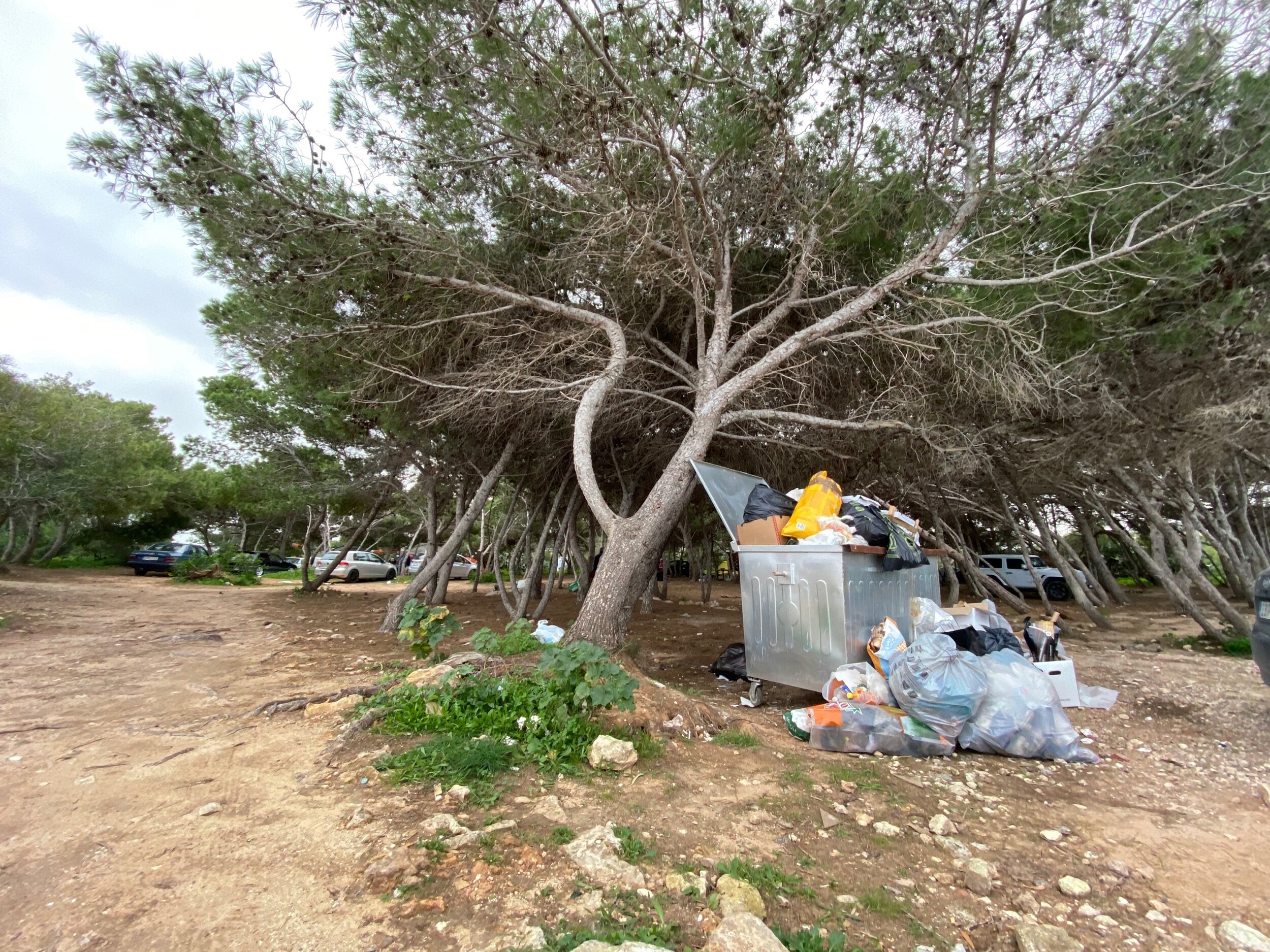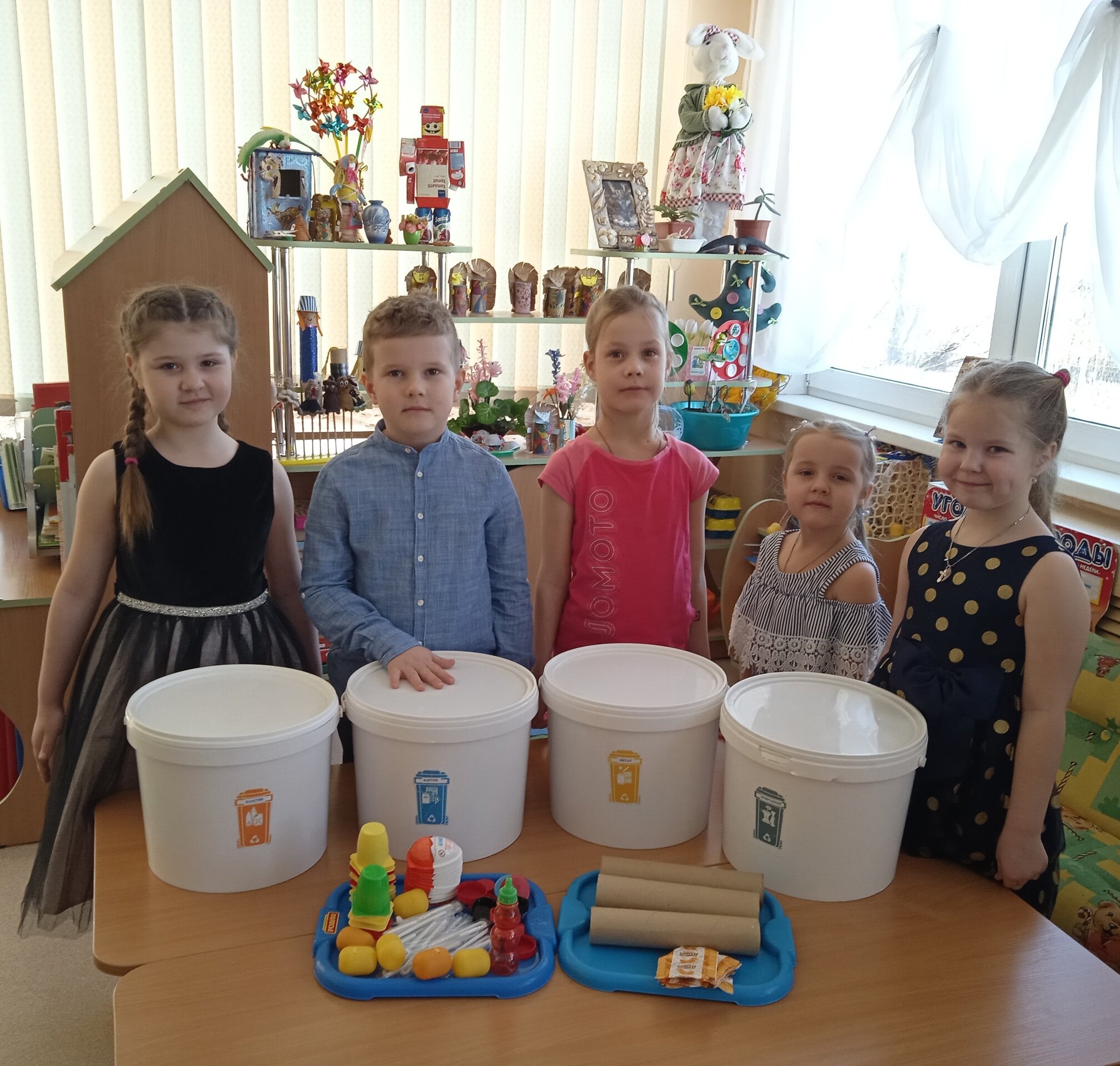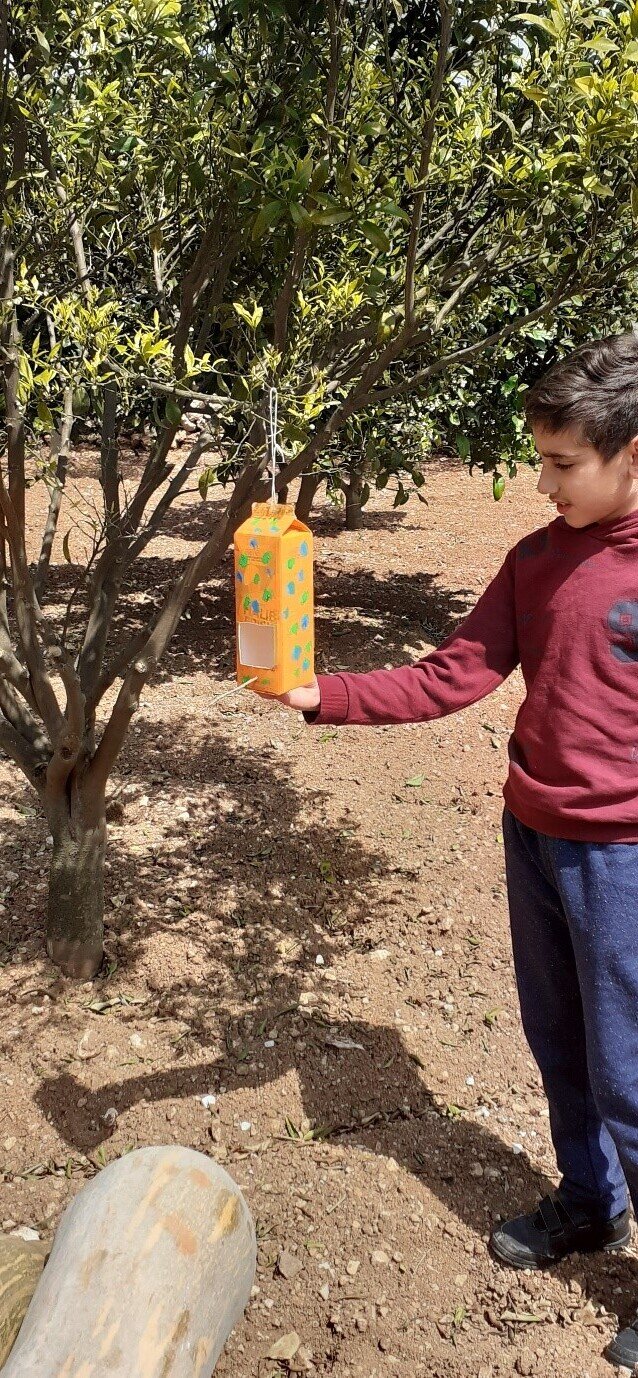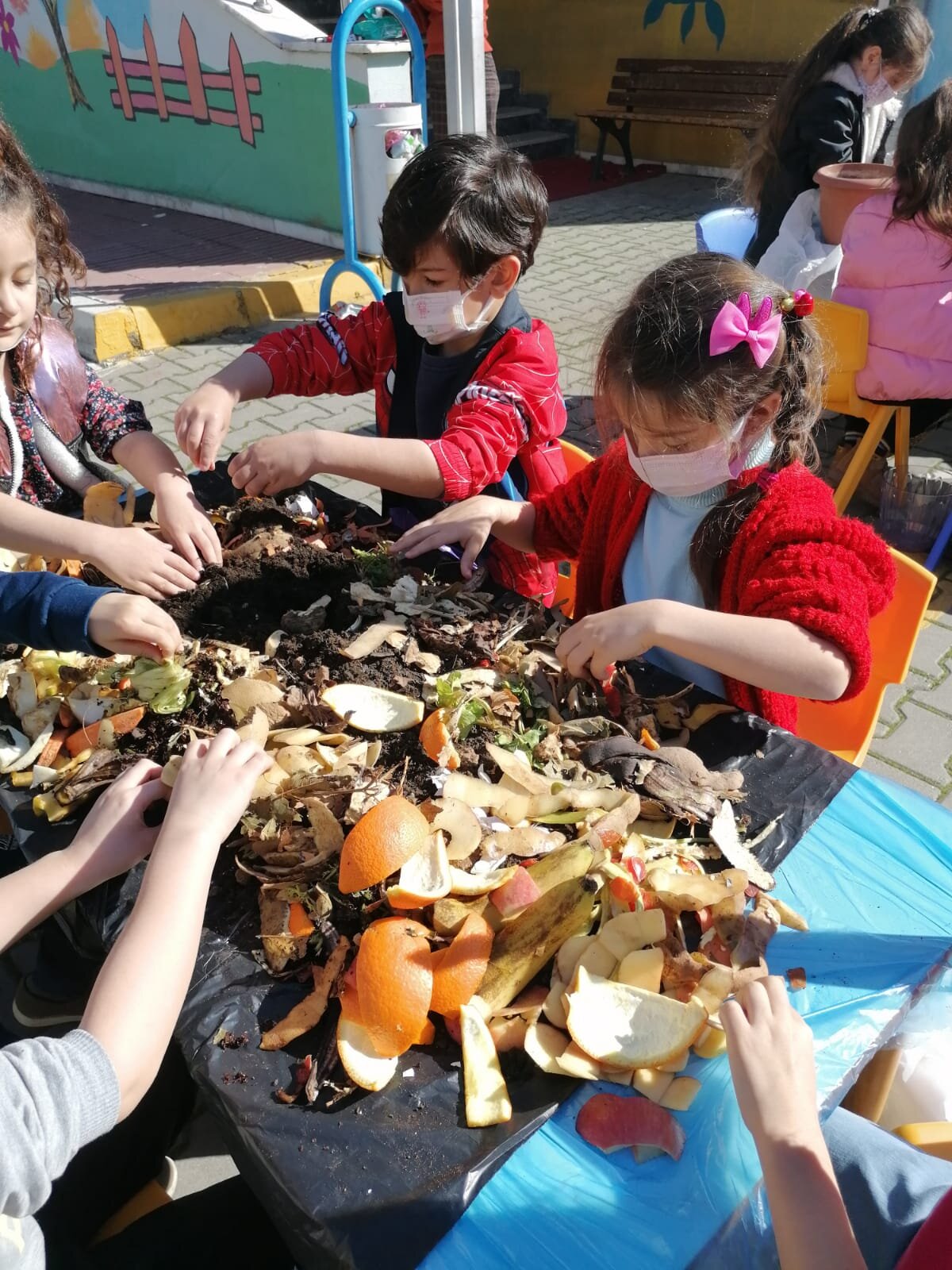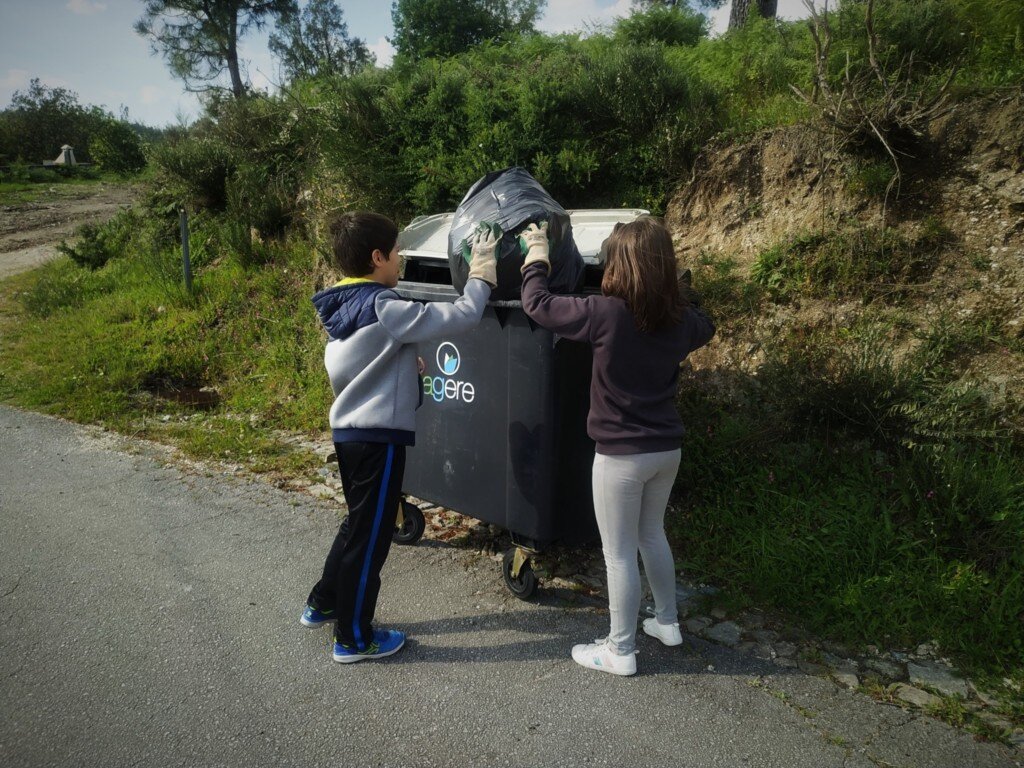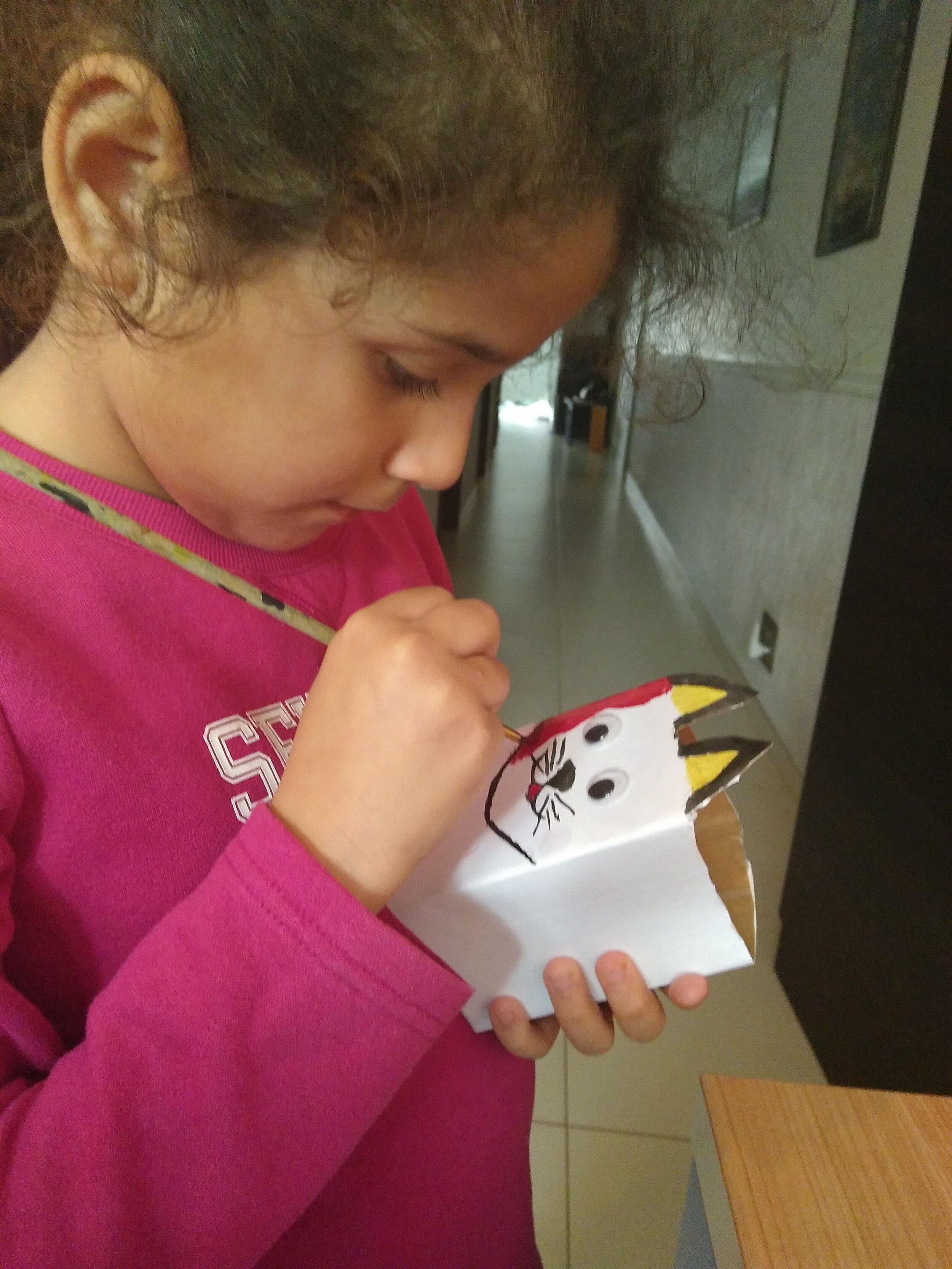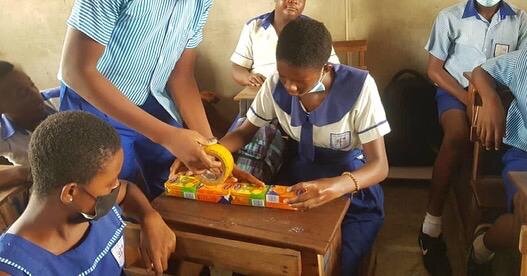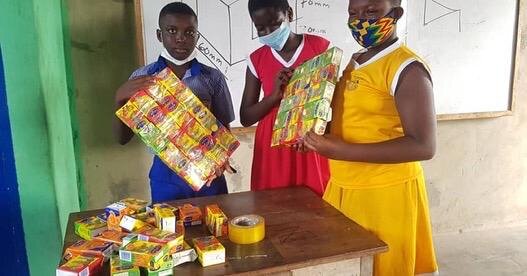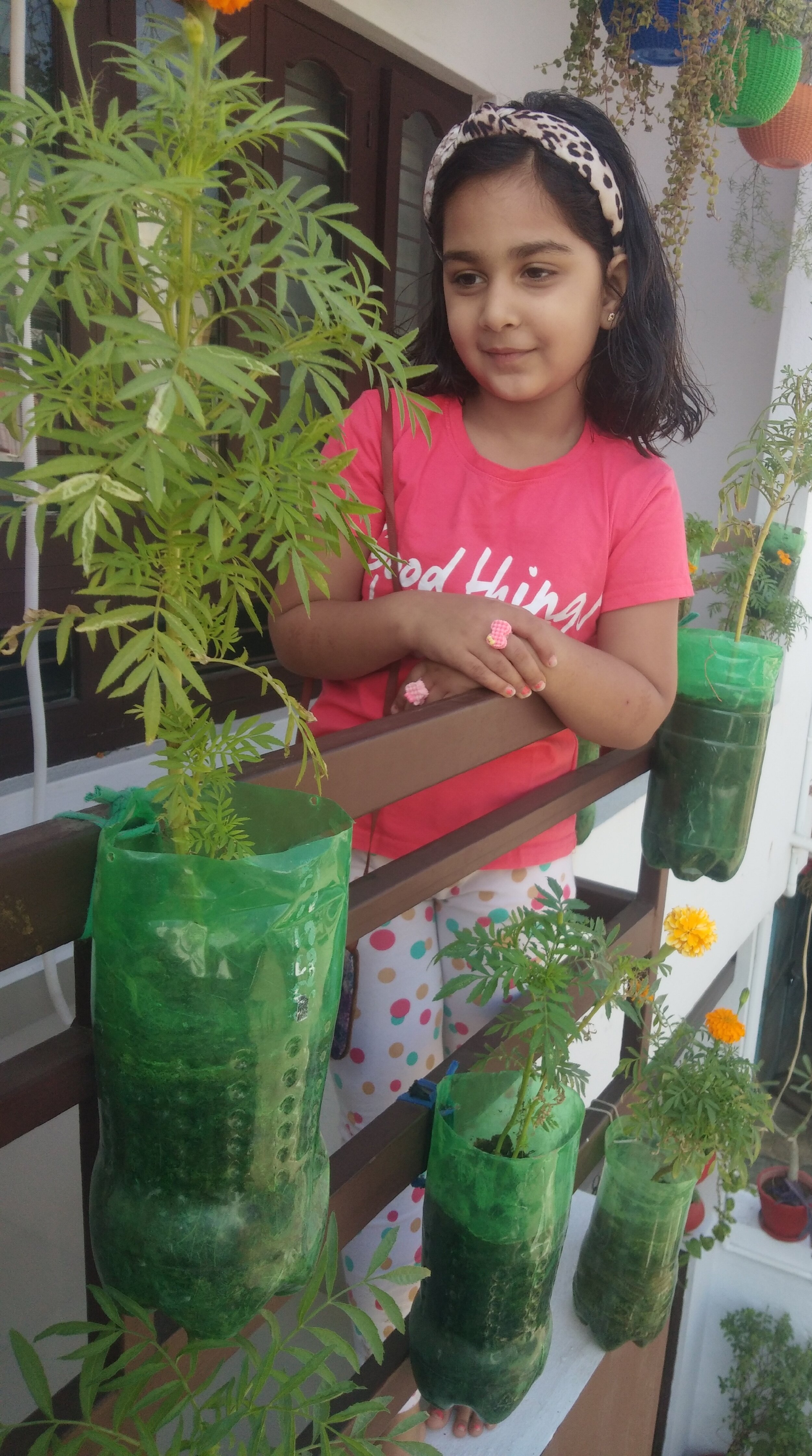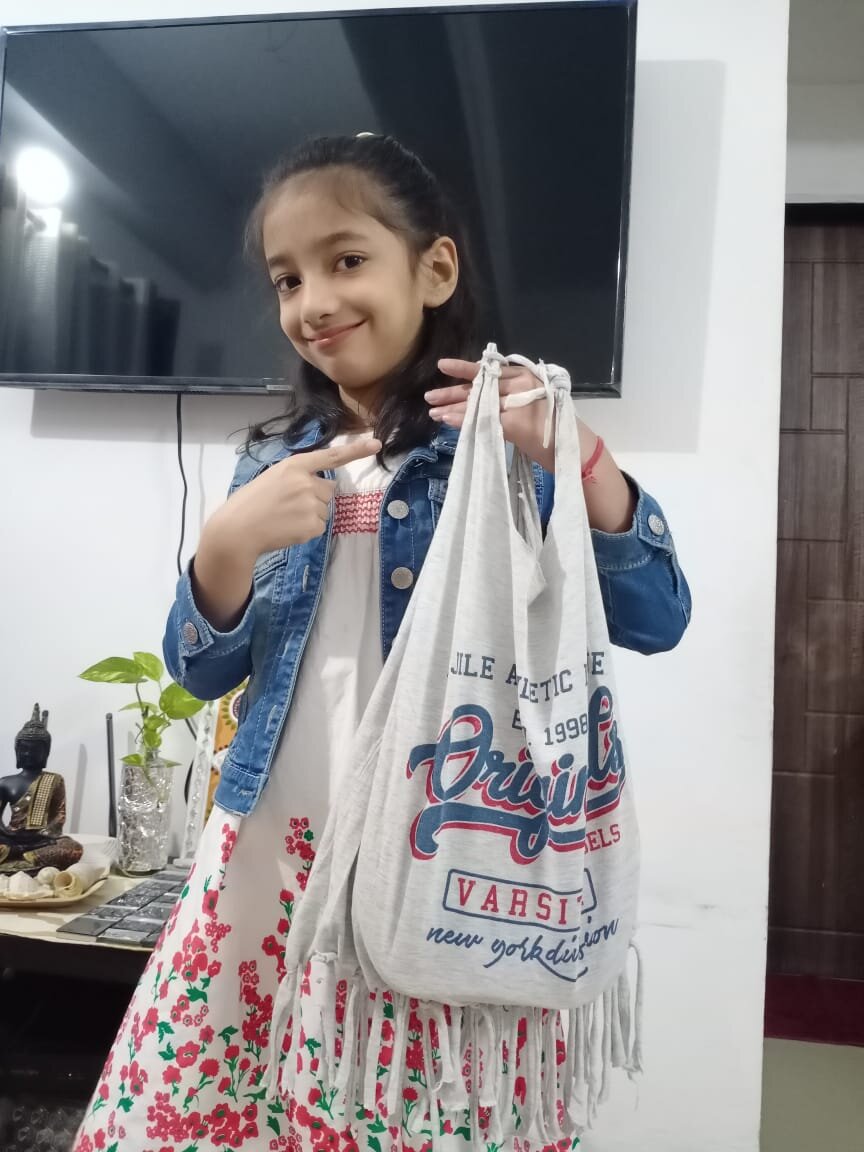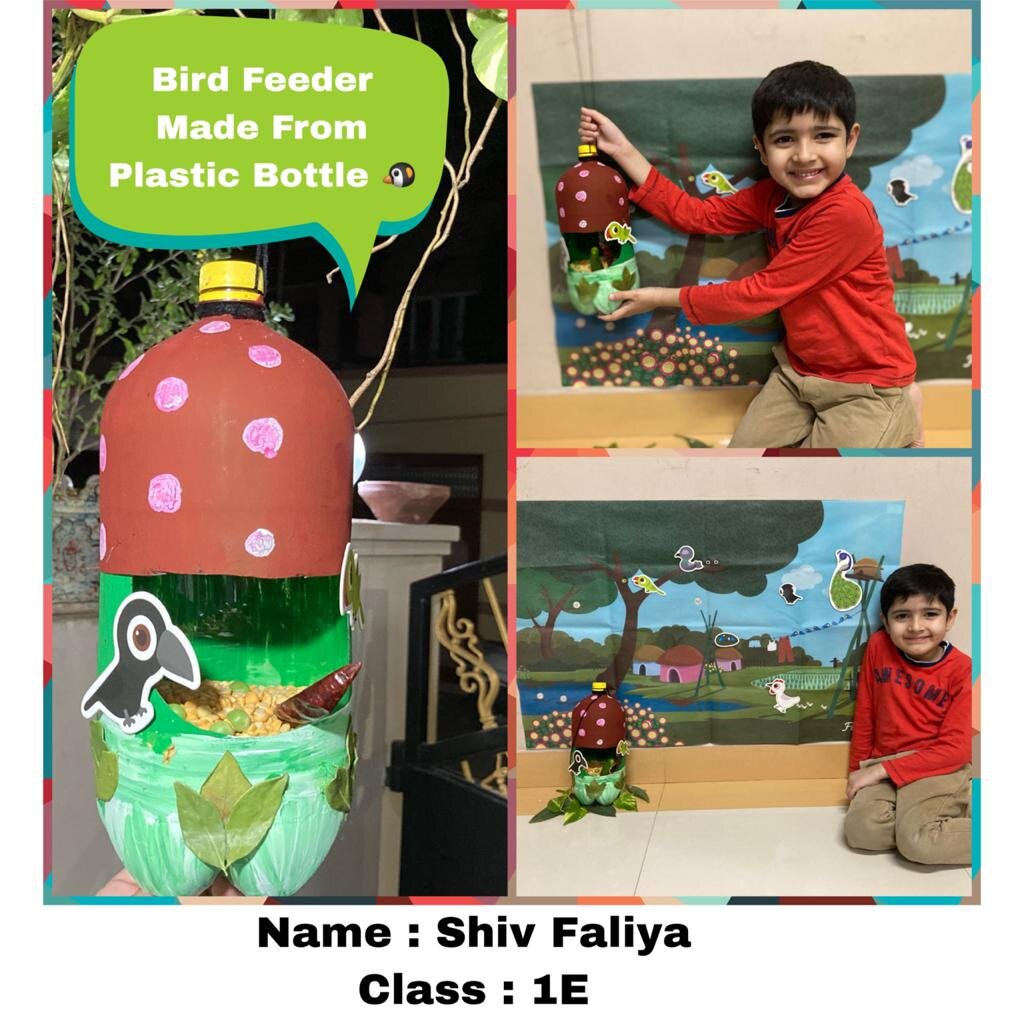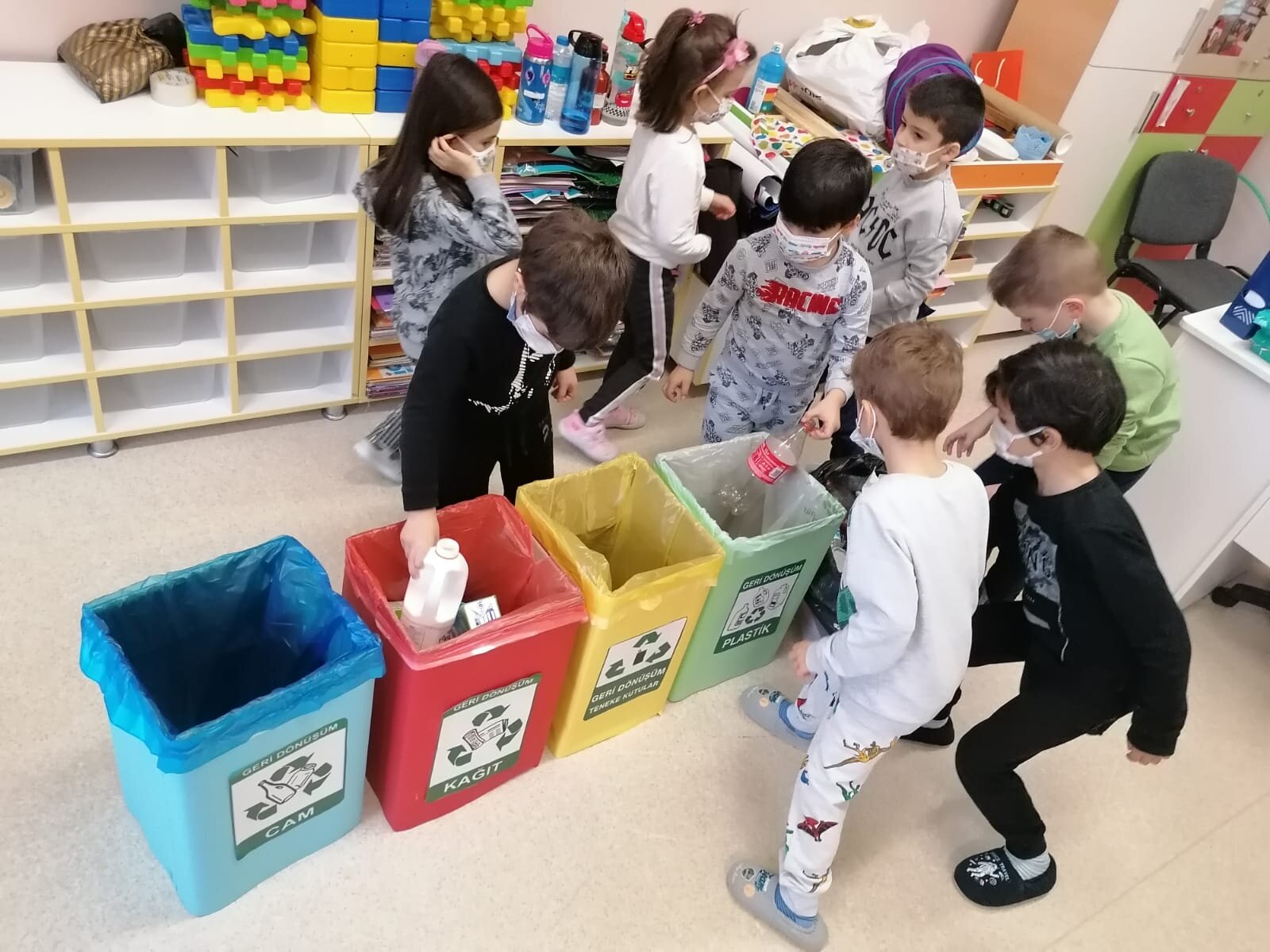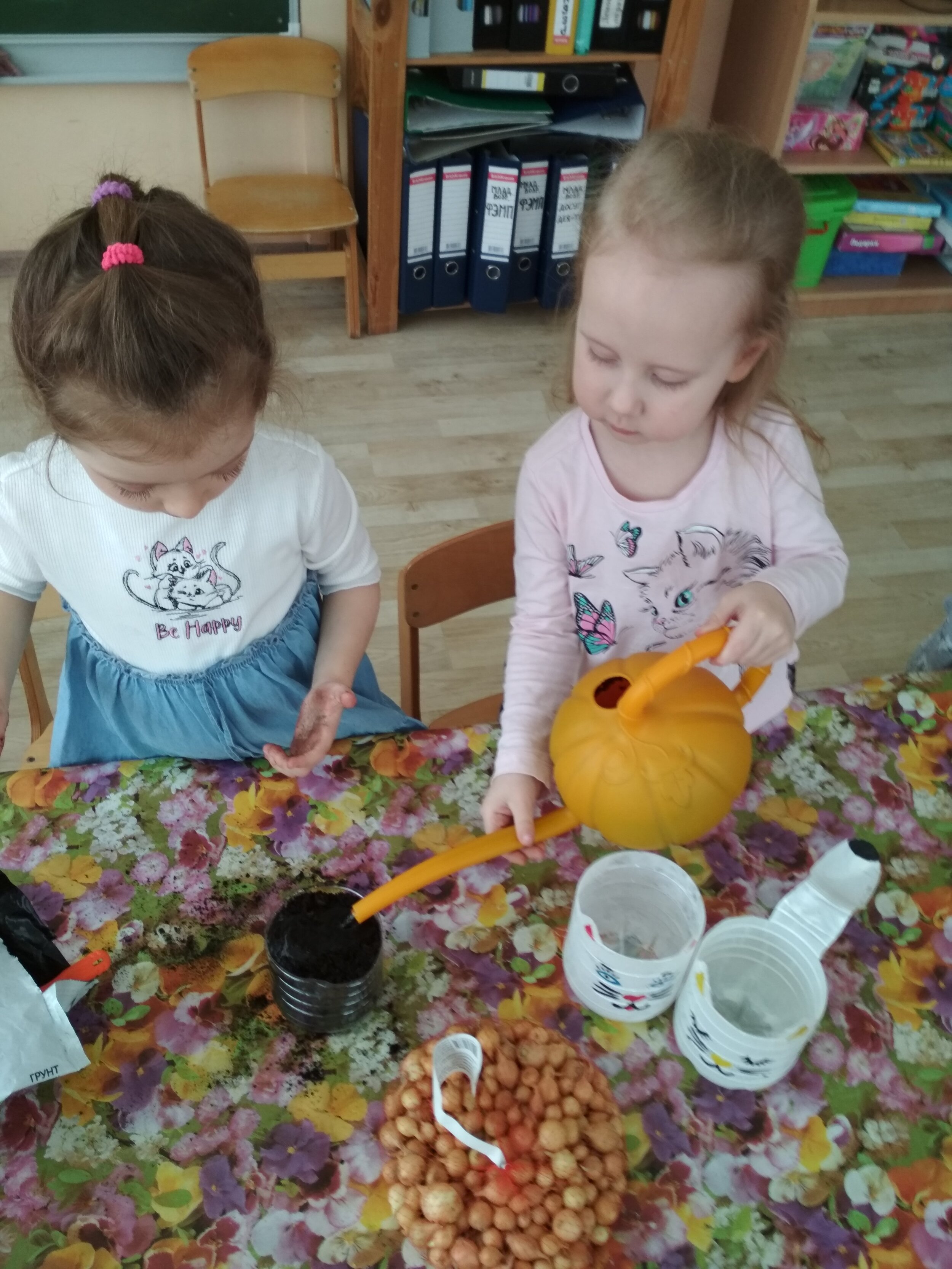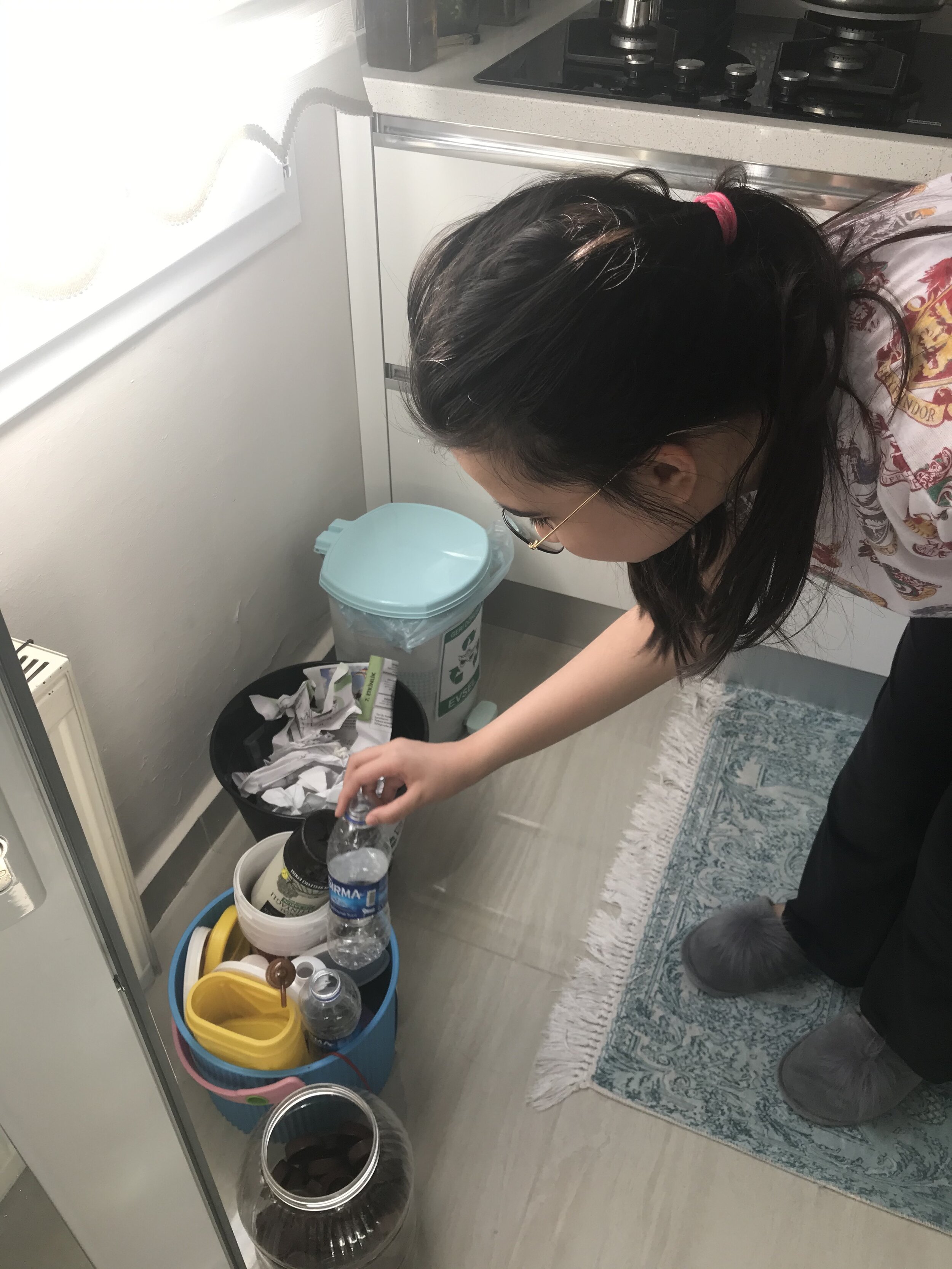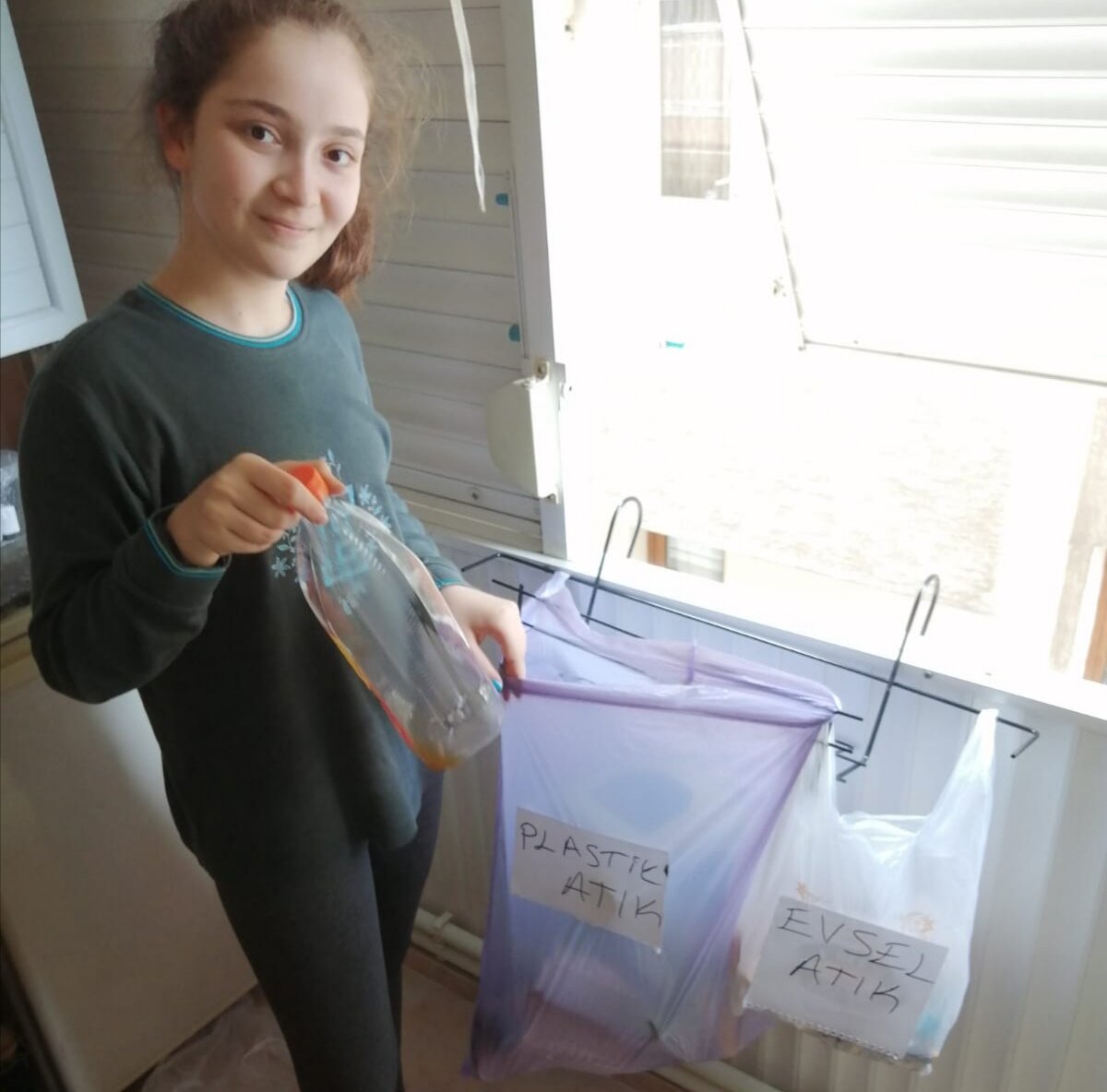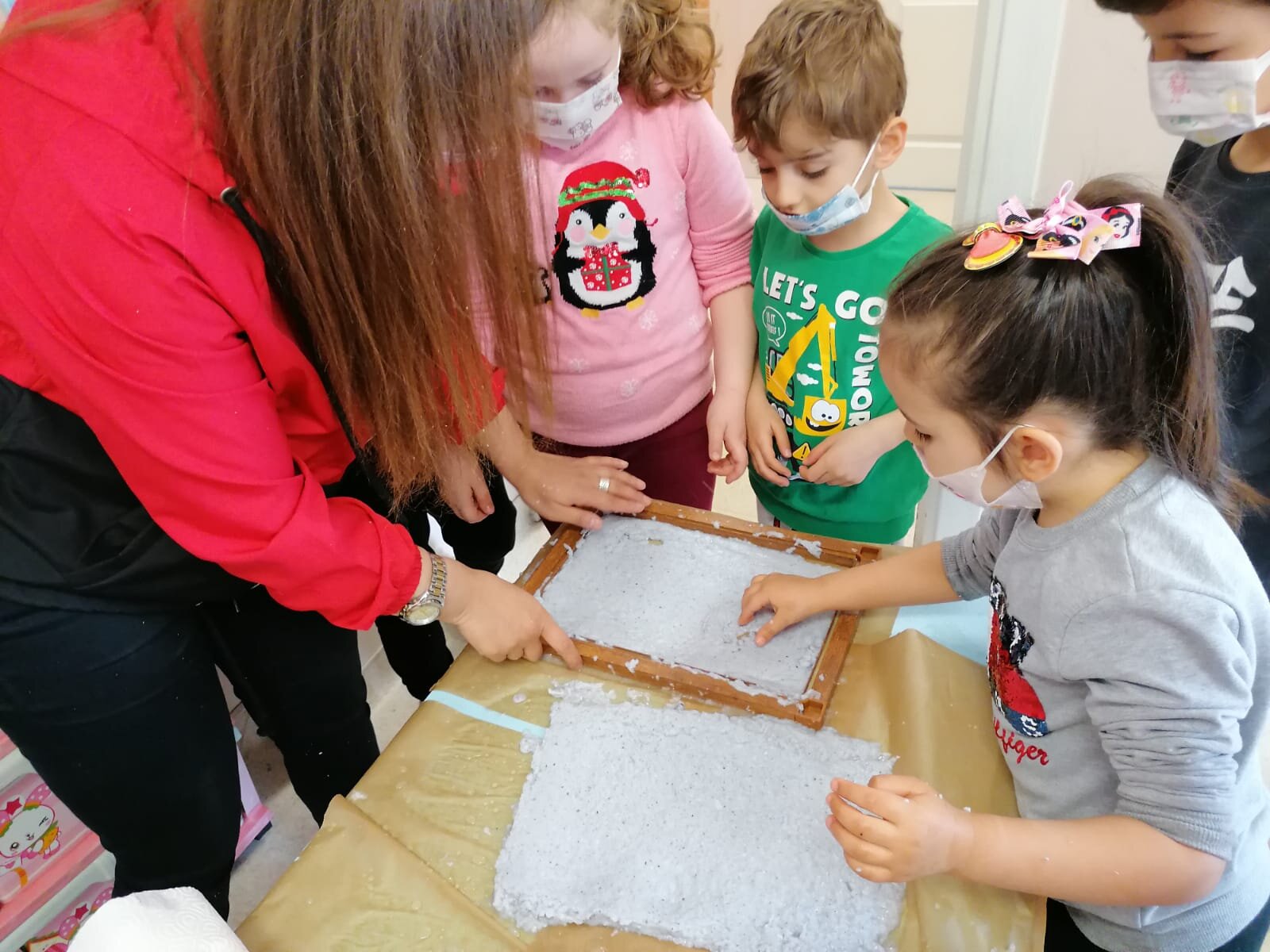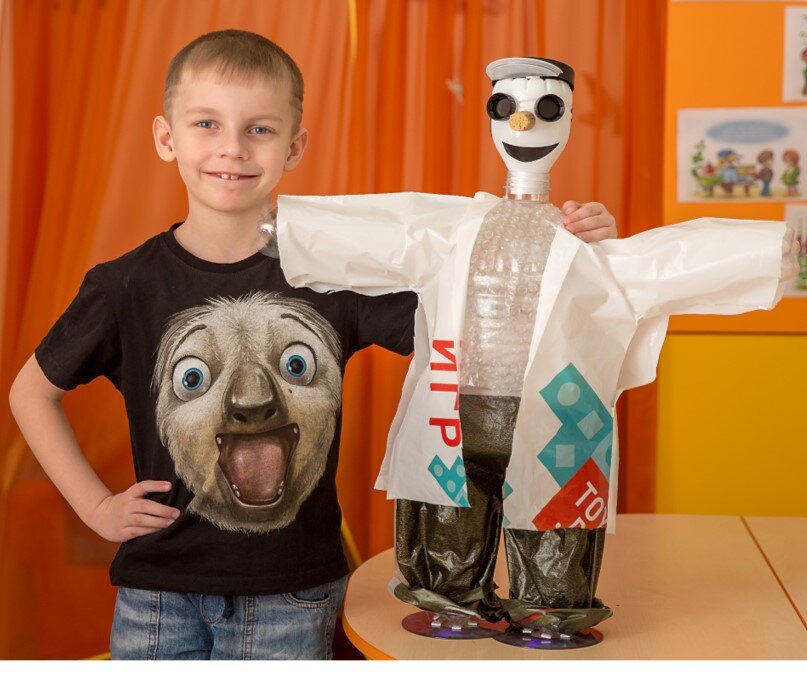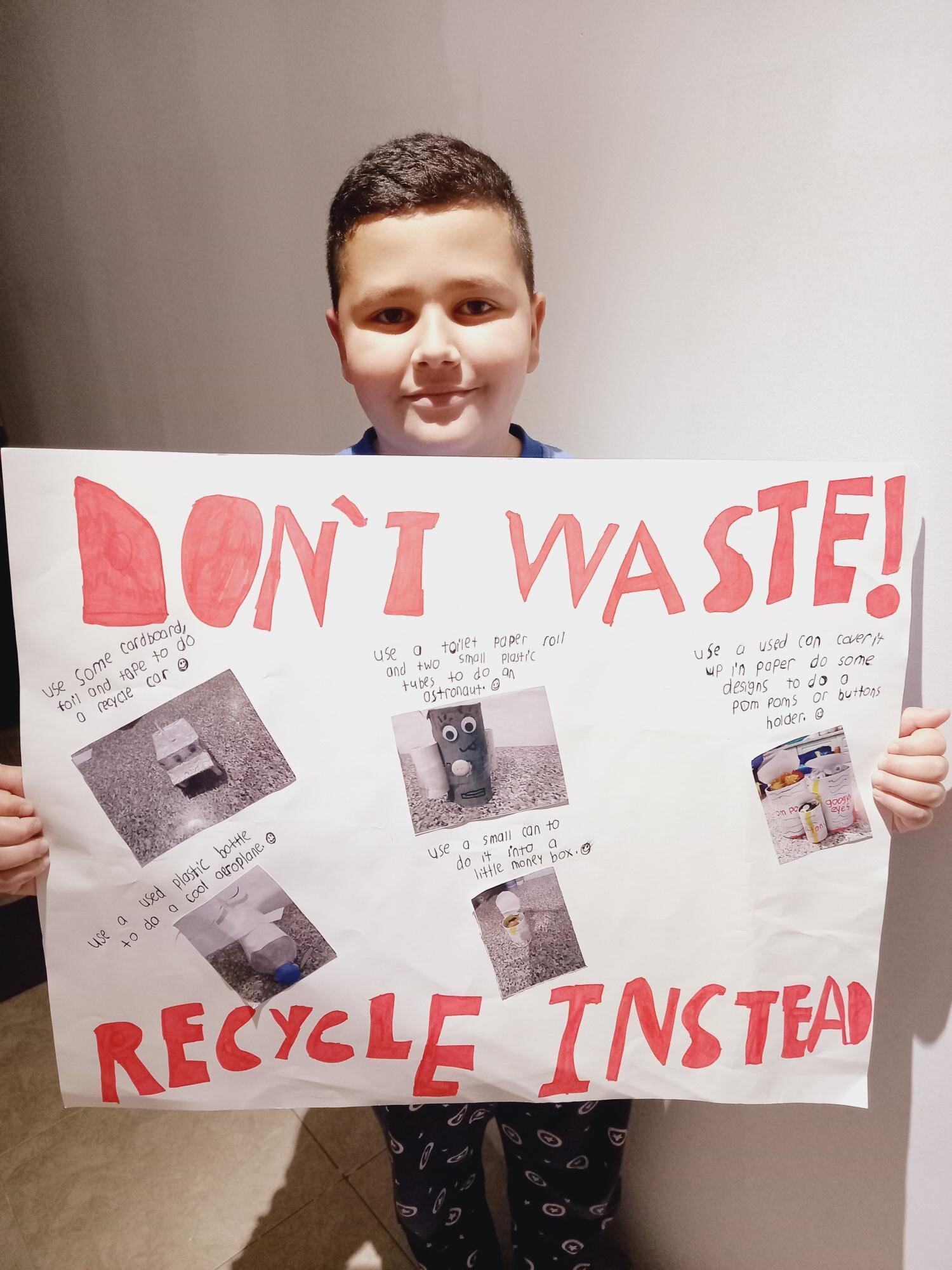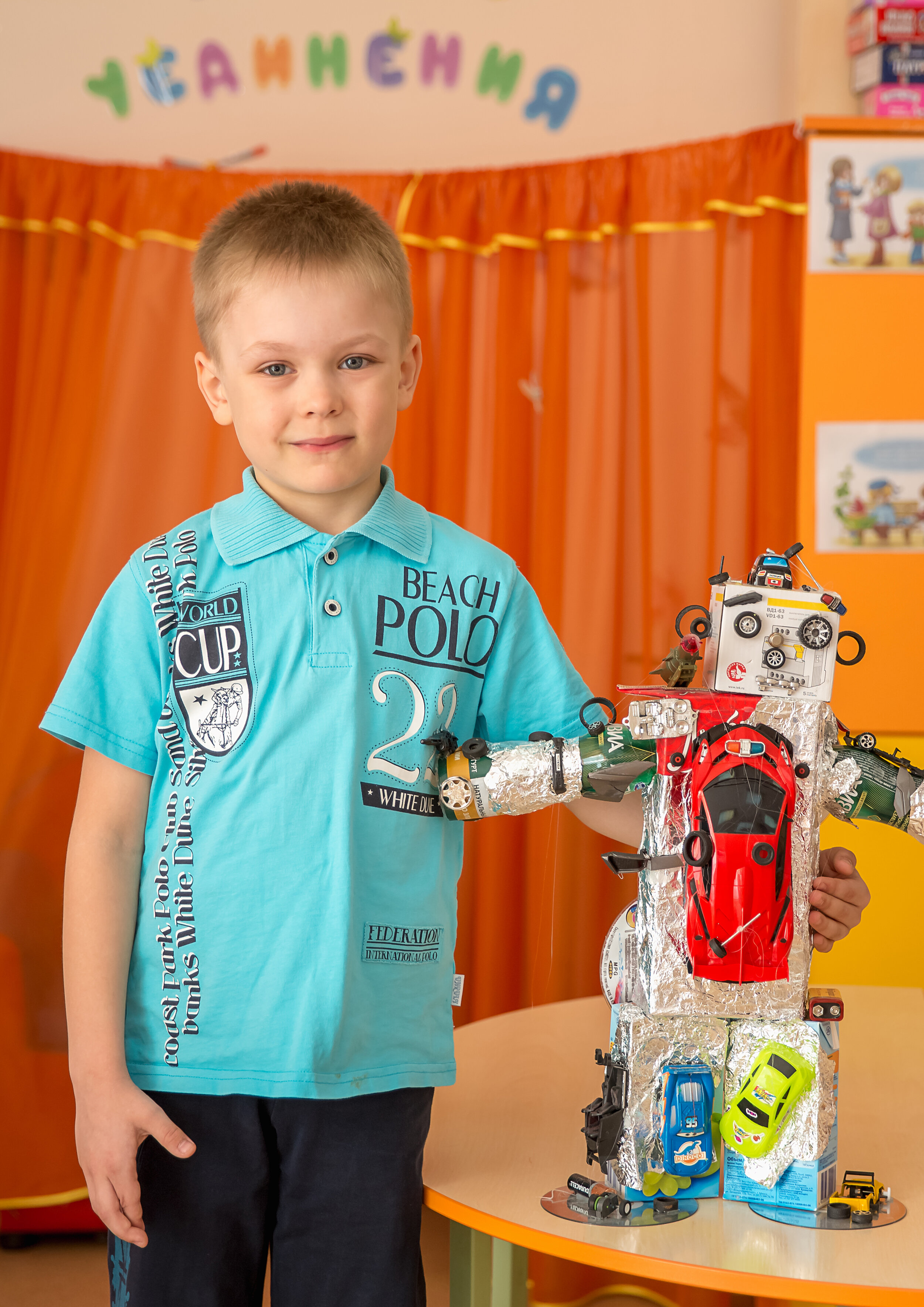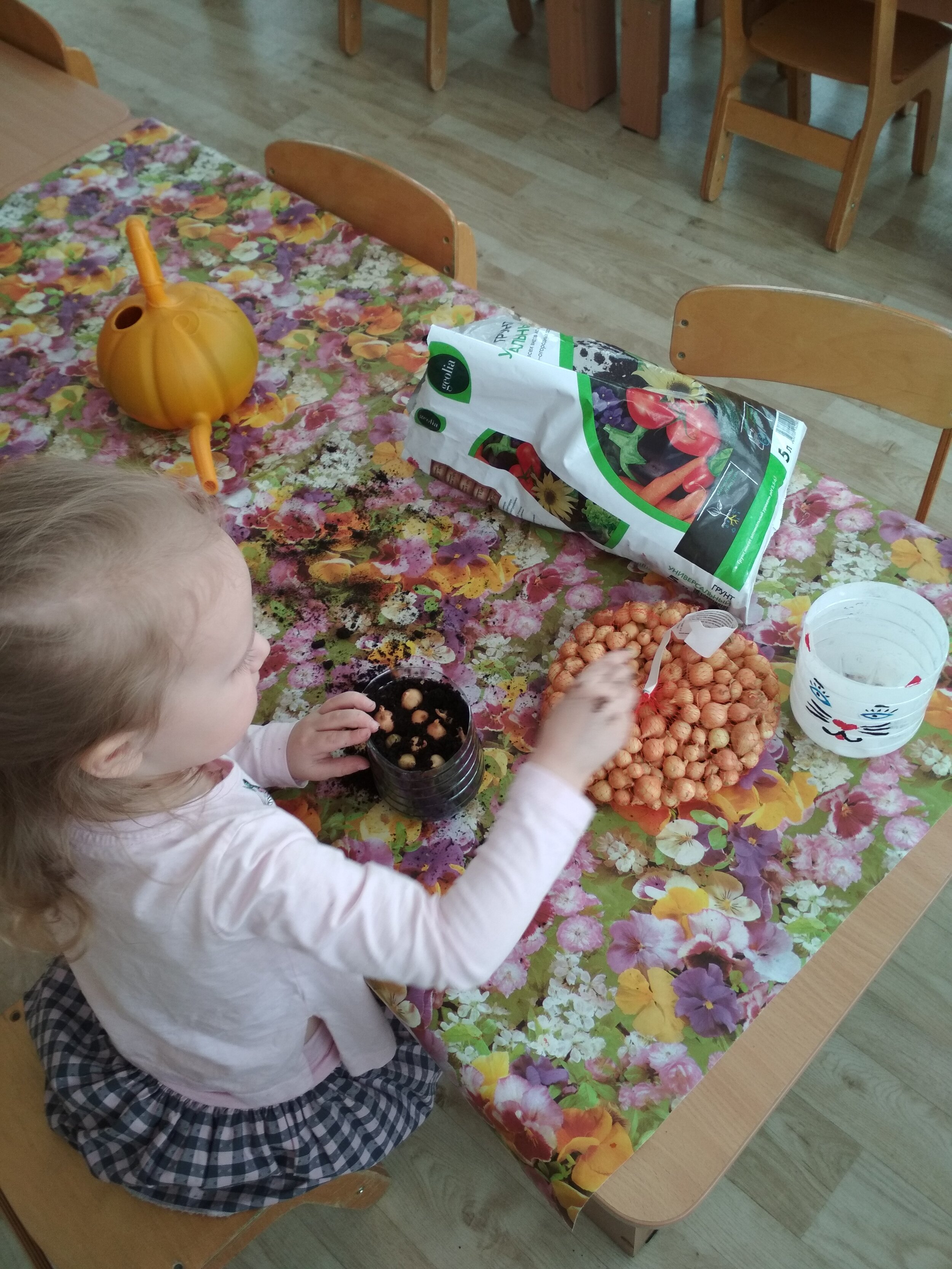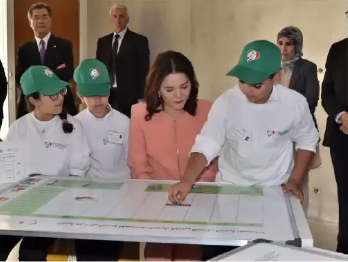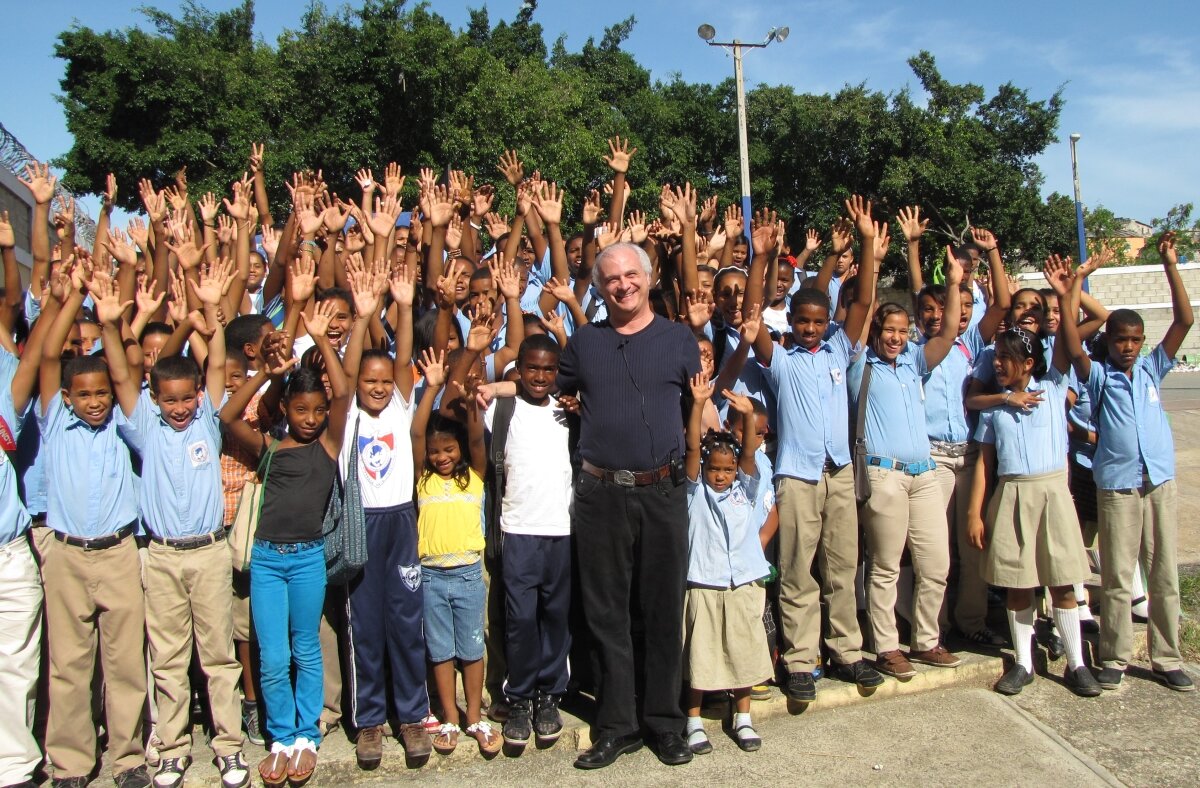We are looking for a YRE/Eco-Schools Alumnus for astronaut/astrophysicist!
Did you ever dream of becoming an astronaut? Do you sometimes muse about going to space? Do you just enjoy looking up at the stars? If you do, this one-of-a-kind opportunity is for you!
Deadline to apply: February 21st 2021
— STAR TREK VERSION —
[WHO] Amateur/Expert Astrophysicist, YRE/Eco-Schools Alumnus/a, 21+ years old
[WHAT] Crew #238 of MDRS - Mars Desert Research Station
[WHERE] Utah, USA
[WHEN] January 2022 (Deadline to apply February 21 2021)
[WHY] Because you're curious. Because it’s there. Because space exploration is fascinating stuff!
[HOW] You apply to join the crew through various levels of scrutiny to assess your skills and mission plans
— STAR WARS VERSION —
[WHO]
— At least 21 years of age
— From any YRE/Eco-Schools country
— Able to travel to the USA in 2022 (COVID restrictions *may* apply)
— Current YRE student or YRE Alumnus / Legacy / Ambassadors
— Or Eco-Schools University Student (Master’s or PhD Level)
— Must: Astrophysics education or advanced expertise (or similar)
— Skills: Read more below
[WHAT]
Join YRE Legacy Student and Filmmaker Pedro José-Marcellino in Crew #238 of the MDRS - Mars Desert Research Station. Pedro’s first YRE Mission was Mission Antarctica in 1995. He has now been selected to join Crew #238 as Documentarian-in-Residence and Crew Journalist at the Mars Society’s space analogue station MDRS — Mars Desert Research Station, and is inviting another YRE alumnus/a to join in on board. In planning since early 2020, and initially penned for a January 2021 crew rotation, this mission has been delayed to January 2022 due to COVID-19 concerns. After a year in preparation, and another one still ahead, Crew #238 will be well prepared. You must be too. With one new member down due to this calendar change, the current crew — including a fellow YRE — has the unique privilege of helping select the 8th crew member: if you are a professional or amateur astrophysicist, that could be you. The crew is looking for someone to operate the Station’s Musk Observatory (Solar) and Robotic Observatory (nighttime), and also spearhead their own research project in coordination with other crew members’ projects.
[WHERE]
— Outside Hanksville, Utah, USA
[WHEN]
— 2 - 16 January 2022 (deep winter)
— Possible rollover to a double rotation
— Potential Second Mission (TBC): 16-30 January 2022
[WHY]
In order to help develop key knowledge needed to prepare for human Mars exploration, and to inspire the public by making sensuous the vision of human exploration of Mars, the Mars Society initiated the Mars Analog Research Station (MARS) project. A global program of Mars exploration operations research, the MARS project includes two Mars base-like habitats located in deserts in the Canadian Arctic and the American Southwest. In these Mars-like environments, we have launched a program of extensive long-duration field exploration operations conducted in the same style and under many of the same constraints as they would on the Red Planet. By doing so, they began the process of learning how to explore on Mars.
The Mars Desert Research Station (MDRS) is a laboratory for learning how to live and work on another planet. It is a prototype of a habitat that will land humans on Mars and serve as their main base for months of exploration in the harsh Martian environment. Such a habitat represents a key element in current human Mars mission planning. MDRS serves as a field base to teams of six to seven crew members: geologists, astrobiologists, engineers, mechanics, physicians, human factors researchers, artists, and others, who live for weeks to months at a time in relative isolation in a Mars analog environment. Mars analogs are defined as locations on Earth where some environmental conditions, geologic features, biological attributes or combinations thereof may approximate in some specific way those thought to be encountered on Mars, either at present or earlier in that planet’s history. Studying such sites leads to new insights into the nature and evolution of Mars, the Earth, and life.
[HOW]
Crews don’t usually get to self-select. This is a unique situation. After one year of prep, and after losing one member, the remaining crew wants someone to fit with ongoing collective goals. The crew identified the need for an astrophysicist. That’s where you come in.
If you feel you have the right skills, the process will take place in various steps:
(1) Contact your YRE/Eco-Schools National or International Operator.
(2) Vetting of your skills / education by YRE/Eco-Schools National or International Operator, and by Pedro, the YRE Alumnus and Crew Member.
(3) Zoom interview with Crew #238 in late February or March — TBC
(4) If approved by the Commander, the XO, and the rest of the crew, you will be requested to write an official application to The Mars Society, with the endorsement of Crew #238
(5) Once finalized and approved by The Mars Society selection committee, you will join the monthly prep briefings, and will be given assignments like everyone else.
You are expected to come prepared with a Research Project. There is a lot of latitude in this, and you will have the freedom to design your own research, in fitting with the Mission’s goals. If you are associated with a university, you may already have specific research topics. Your research should integrate both the “Musk observatory” and the “robotic observatory”. Special equipment training will be required before the mission.
— Information at a glance, including technical specs, in the official website of the MDRS: http://mdrs.marssociety.org/mdrs-observatories/
— All training activities for the robotic observatory will be online, the training website is here: http://astronomy.mdrs.marssociety.org/
— A gallery of pictures taken by former Crews with the robotic observatory can be found here: https://www.flickr.com/photos/mdrsphotos/sets/72157632353973526
You will also be on-board sponsored by FEE / YRE / Eco-Schools, so in addition to your normal crew duties, you will have a duty to represent FEE / YRE / Eco-Schools, and perhaps help bridge the gap between the environmental movement and the space research movement by way of your intervention and post-mission advocacy. As the official storyteller in the Crew, Pedro can help you define and execute goals, and will be your partner in representing our programs.
For any questions, please contact Pedro Marcellino: pedro@anatomyofrestlessness.film
DEADLINE TO APPLY: February 21st 2021
For more information about the MDRS Station, visit: http://mdrs.marssociety.org
For a photo reportage about life in the Station, published in The Atlantic, visit: https://www.theatlantic.com/photo/2013/03/the-mars-desert-research-station/100472/



